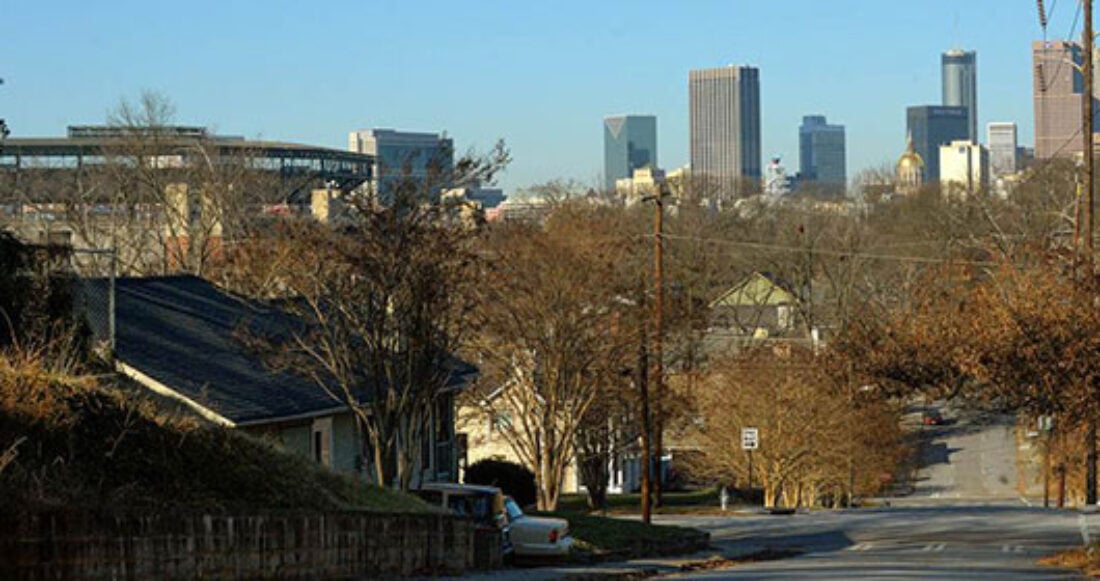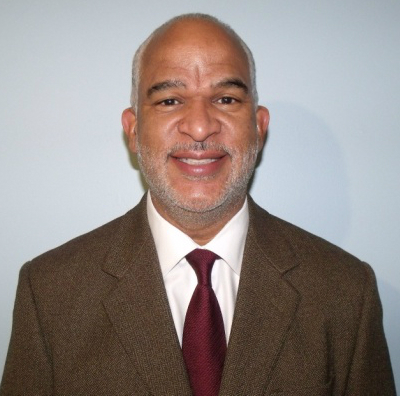Five Questions with Casey: Kweku Forstall and the Atlanta Civic Site

As director of the Atlanta Civic Site team, Kweku Forstall oversees programs, investments and partnerships to increase educational and economic opportunities for children, families and communities in several southwest Atlanta neighborhoods. Before joining Casey in January 2014, Forstall was executive director of Year Up Atlanta, which focuses on employment and training for young adults. He also was founding executive director of Project GRAD Atlanta, a comprehensive school reform initiative to boost the number of first-generation college graduates. In addition, Forstall has held leadership roles at United Way of Greater Atlanta and in Morehouse College’s community service efforts.
 What are some of your major goals as director?
What are some of your major goals as director?
We are committed to achieving significant change for the residents of the neighborhoods we serve in Neighborhood Planning Unit V (NPU‑V) and will continue to pursue that goal through our three strategy areas: education achievement, family economic success and neighborhood transformation. We’re working to integrate our efforts across those three areas and to develop a clear policy agenda. Also, we’re supporting work focused on improving outcomes for boys and men of color and striving to ensure equitable opportunities for all in everything we do.
How has the civic site promoted healthy child development and academic success?
Our early learning center, which is co-located and collaborates with Atlanta Public Schools’ Dunbar Elementary, is reaping promising results. Children are outperforming not only their peers in other early childhood programs but also in high-quality centers throughout the country. We believe this is because of our two-generation approach, which addresses the needs of parents and children at the same time. Parents discover how to nurture their children’s learning and are connected with training, education, job opportunities and benefits through the Center for Working Families, Inc. and Sheltering Arms Early Education and Family Centers, a local nonprofit that runs Educare Atlanta, the early learning center. There also are staff members dedicated to ensuring the kids and their families have a primary care doctor and receive regular health care.
In addition, we work with the Get Georgia Reading campaign, a statewide public-private partnership focused on making sure all children in the state read proficiently by the end of the third grade.
How has our coordinated approach to addressing family needs, focusing on kids and parents, benefitted families?
We are collecting data and building evidence so that we can share what we are learning about the impact of this approach. Sheltering Arms wants to adopt the two-generation approach throughout its 15 centers around metropolitan Atlanta. Sheltering Arms is considered a gold standard for early childhood development programs, so incorporating this approach in all of its centers is a really important platform for scaling this work.
Efforts to redevelop homes, increase affordable housing and attract new business and jobs to NPU‑V stalled during the recession. How is the work progressing now?
Working with an experienced real estate development firm, we’re on our way to redeveloping 53 vacant and foreclosed homes in the Pittsburgh neighborhood. We have rehabbed five, with a plan to complete 48 more by 2017. We also support the locally based Pittsburgh Community Improvement Association in rehabbing 30 to 40 homes and establishing a land trust to create a stock of high-quality, permanently affordable housing — for rent and ownership — in the neighborhood. In addition, we are working with the Enterprise Foundation on policies to preserve affordable housing in the area. In the next year, we will seek proposals to develop the Foundation’s 31-acre site along University Avenue, which we envision as a future hub for job creation and as an economic catalyst for the area.
What are the biggest challenges the civic site team faces?
Commercial development projects — for example, Tyler Perry’s purchase of Fort McPherson to build movie studios and the planned redevelopment of Turner Field when the Braves leave the stadium in 2017 — are changing the neighborhoods we serve. We must ensure current residents have the opportunity to live and thrive in these neighborhoods even as new residents move in. We must also build the organizational skills and capacity of local community organizations. And we need better strategies to engage young people and mobilize youth leadership.





